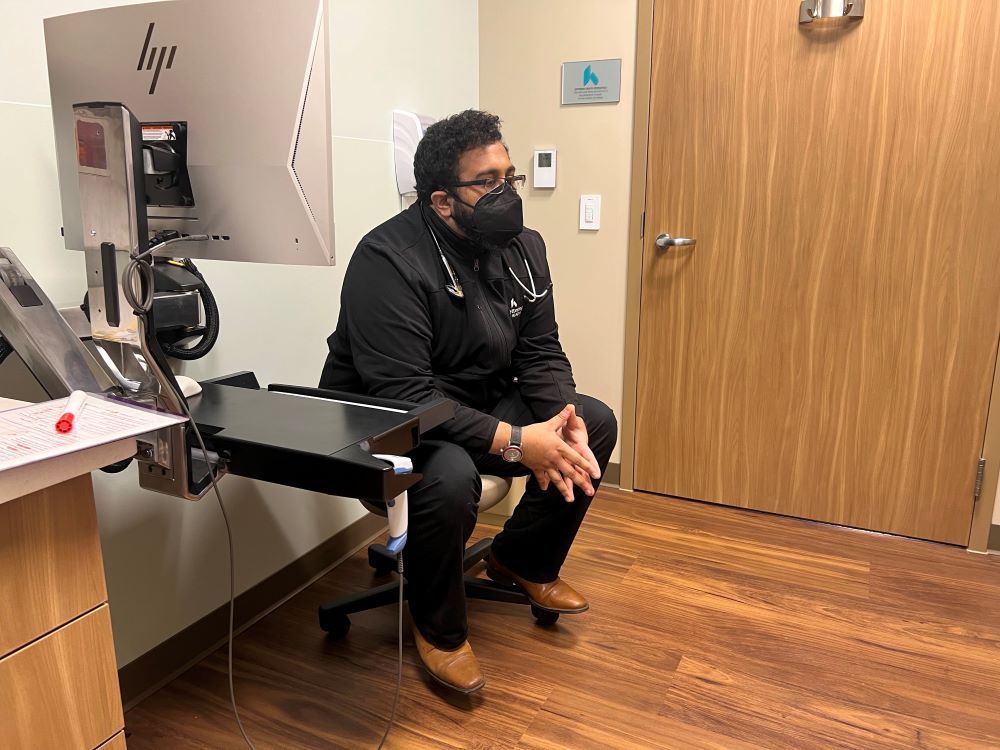Primary Care
Want to learn more about this at Kettering Health?
Warmer weather means enjoying more time outside. It also means more bug bites and rashes.
Dr. Rukan Ahmed, a primary care physician, shares that these skin issues can usually be treated at home but may need medical attention in some cases.
Rashes
Poison Ivy
Dr. Ahmed explains that plants like poison ivy and poison oak cause rashes, intense itching, and sometimes blisters due to an oil they produce called urushiol. Symptoms can develop in a few hours up to a few days.
Wash the affected area immediately with soap and water after coming in contact with these plants. Dr. Ahmed recommends an oatmeal bath or calamine lotion to soothe any itching that occurs. Oral antihistamines and prescribed steroids can be used if topical remedies don’t help.
Heat Rash
Perhaps a more common summer rash is heat rash, sometimes called prickly heat.
“A heat rash can occur when someone is feeling really hot and they’re sweating a lot,” Dr. Ahmed says.
A heat rash often develops on the head, neck, and chest and areas of friction where we’re most likely to sweat. The rash often resembles tiny red pimples or bumps. Luckily, treatment is easy and quick.
“The treatment is just cooling off and staying dry.”
Bug bites and stings
Ticks
Dr. Ahmed explains that tick bites are usually harmless, but some ticks may carry Lyme disease and other potentially life-threatening diseases.
To remove a tick, use fine-tipped tweezers. Grab it as close to the skin as possible and pull upward with steady pressure. Though uncommon, symptoms such as a fever, dizziness, and nausea may develop after a tick bite. Go to the emergency department if this happens.
Mosquitos
While their bites are itchy and annoying, Dr. Ahmed explains that mosquitoes usually pose no real threat. Itching can be relieved with oral or topical antihistamines.
However, if you notice significant swelling or signs of skin infection at the site of the bite, schedule an appointment with your doctor.
Bees and wasps
The biggest risk with bee and wasp stings is anaphylactic shock for those that are allergic. If you or your child are stung, keep a close eye on symptoms.
“Even if you’re not immediately having any severe reactions, that’s not to say that your body can’t have a delayed reaction to it,” Dr. Ahmed says.
For others, a cold compress and medicine such as ibuprofen can alleviate pain. Even if you don’t experience anaphylaxis-related symptoms, other symptoms can develop. If you experience hives, dizziness, or shortness of breath, seek medical attention.










